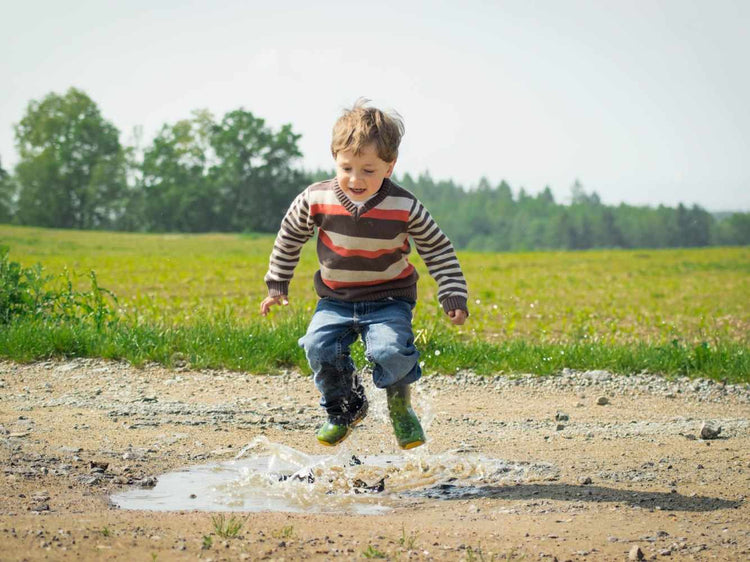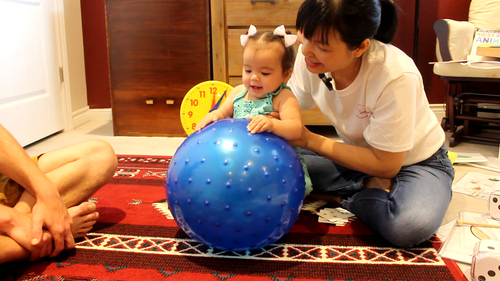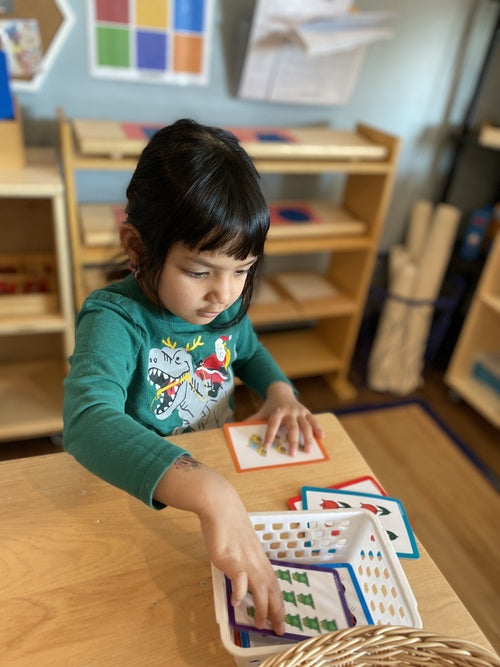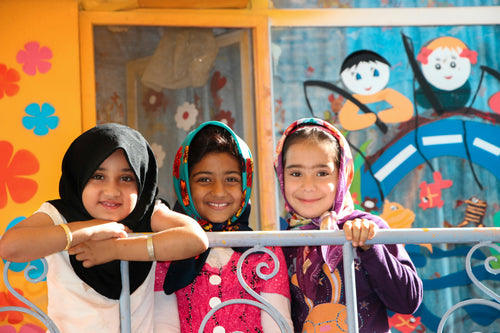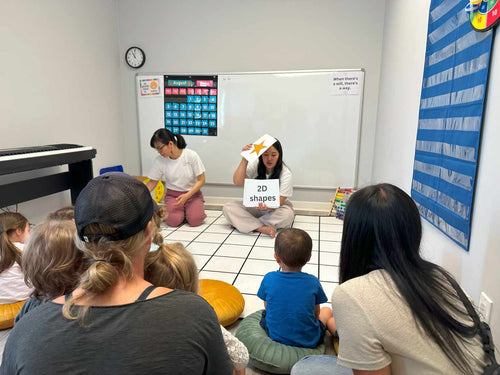Childhood mental health is a crucial aspect of a child’s overall well-being and development. Just as physical health issues can impact daily life, mental health disorders can affect how children learn, behave, and interact with others. With mental health issues on the rise among young children and adolescents, it’s important for parents, caregivers, and educators to recognize the signs early. Understanding childhood mental health and the most common mental disorders in children can pave the way for early intervention, helping children thrive as they grow.
In this article, we’ll explore five of the most common mental health disorders in children, their symptoms, and potential treatments.
1. Attention-Deficit/Hyperactivity Disorder (ADHD)
Attention-Deficit/Hyperactivity Disorder (ADHD) is one of the most widely recognized mental health disorders in children. It affects about 5-10% of children globally, with boys being diagnosed more often than girls.
Symptoms:
Children with ADHD exhibit difficulty in paying attention, controlling impulses, and regulating activity levels appropriate for their age. Some common signs of ADHD include:
- Inattention: Easily distracted, forgetful in daily activities, difficulty focusing on tasks, or making careless mistakes in schoolwork.
- Hyperactivity: Constant movement, fidgeting, or an inability to sit still.
- Impulsivity: Acting without thinking, interrupting others frequently, and difficulty waiting for their turn.
Causes:
While the exact cause of ADHD is not fully understood, research suggests a combination of genetic and environmental factors. Brain chemistry and structure can also play a role.
Treatment:
Treatment often includes behavioral therapy, medication (such as stimulants), and parental support and education. Early intervention can significantly improve a child's functioning in school and social settings.

2. Anxiety Disorders
Anxiety disorders are another common childhood mental health issue, affecting about 7% of children aged 3 to 17. While it's normal for children to experience anxiety in certain situations, anxiety disorders involve excessive, persistent fear or worry that interferes with daily activities.
Types of Anxiety Disorders:
- Generalized Anxiety Disorder (GAD): Persistent worry about various aspects of life such as school, friendships, and family matters.
- Separation Anxiety Disorder: Intense fear of being away from parents or caregivers.
- Social Anxiety Disorder: Fear of being judged or embarrassed in social situations.
Symptoms:
Symptoms vary depending on the type of anxiety disorder but may include:
- Constant worrying or fearfulness
- Avoidance of social interactions or school
- Sleep disturbances (insomnia, nightmares)
- Physical symptoms like stomachaches, headaches, or fatigue
Causes:
Anxiety disorders in children can be triggered by genetics, traumatic experiences, or stressful environments. Parenting styles, family dynamics, and exposure to bullying or peer pressure can also influence the development of anxiety.
Treatment:
Cognitive-behavioral therapy (CBT) is highly effective in treating anxiety disorders. Therapy helps children identify and manage their anxious thoughts and behaviors. In more severe cases, medications such as selective serotonin reuptake inhibitors (SSRIs) may be prescribed in conjunction with therapy.
3. Depression
Depression is another mental health issue that can affect children, although it is often overlooked. Approximately 3% of children aged 3 to 17 suffer from depression, and it can have a significant impact on their social, academic, and emotional development.
Symptoms:
- Persistent sadness or irritability
- Loss of interest in previously enjoyable activities
- Fatigue or low energy
- Difficulty concentrating
- Sleep disturbances (insomnia or sleeping too much)
- Changes in appetite or weight
Causes:
Depression in children can be influenced by several factors, including genetics, family history of depression, and stressful life events such as bullying, trauma, or the loss of a loved one.
Treatment:
Treatment typically involves psychotherapy, particularly cognitive-behavioral therapy, which helps children reframe negative thinking patterns. In more severe cases, medication may be used alongside therapy. Support from family and teachers is also essential for children dealing with depression.
4. Autism Spectrum Disorder (ASD)
Autism Spectrum Disorder (ASD) is a developmental disorder that affects communication, behavior, and social interaction. According to the CDC, about 1 in 36 children in the United States is diagnosed with ASD. It usually becomes evident in early childhood, typically before the age of three.
Symptoms:
Children with ASD may exhibit a wide range of symptoms, including:
- Difficulty with communication (both verbal and nonverbal)
- Limited eye contact and trouble reading social cues
- Repetitive behaviors or routines (rocking, hand-flapping)
- Intense focus on specific interests or topics
- Sensory sensitivities (extreme reactions to sounds, textures, or lights)
Causes:
The exact cause of ASD is unknown, but it is believed to involve a combination of genetic, environmental, and neurological factors. Children with a family history of autism or other developmental disorders are at higher risk.
Treatment:
There is no cure for ASD, but early intervention can significantly improve a child’s quality of life. Treatments may include applied behavior analysis (ABA), speech therapy, occupational therapy, and social skills training. Support from a multidisciplinary team is often crucial in helping children with ASD develop to their fullest potential.
5. Oppositional Defiant Disorder (ODD)
Oppositional Defiant Disorder (ODD) is a behavioral disorder characterized by a pattern of uncooperative, defiant, and hostile behavior toward authority figures. It is estimated that 1 to 16% of children and adolescents have ODD.
Symptoms:
Children with ODD may:
- Frequently lose their temper
- Argue with adults or refuse to follow rules
- Blame others for their mistakes or misbehavior
- Be easily annoyed by others
- Show vindictive or spiteful behavior
Causes:
ODD may develop due to a combination of genetic, environmental, and psychological factors. Children who have experienced trauma, inconsistent discipline, or other mental health issues (such as ADHD or anxiety) are more likely to develop ODD.
Treatment:
Treatment often involves behavioral therapy, which focuses on improving a child’s communication and problem-solving skills. Parental training programs can also help parents establish consistent discipline strategies that promote positive behavior. In some cases, medication may be used to treat co-occurring conditions like ADHD or depression.

The Importance of Early Intervention in Childhood Mental Health
Early diagnosis and treatment are key to managing childhood mental health disorders effectively. Without proper intervention, mental health issues can persist into adulthood, potentially leading to more serious complications like substance abuse, academic failure, or interpersonal difficulties.
Understanding childhood mental health and the common disorders that affect children can empower parents and caregivers to seek help when necessary. By being aware of the signs and symptoms of these mental health disorders, you can provide the necessary support to ensure your child’s mental and emotional well-being.
Learning more about Whole Brain Development for Special Education in Early Childhood here
Childhood mental health is a growing concern as more children face mental health challenges in today's fast-paced and stressful world. Disorders such as ADHD, anxiety, depression, autism, and ODD are among the most common that affect children. Awareness, early detection, and appropriate treatment are crucial for helping children navigate these challenges and lead healthy, fulfilling lives.
If you notice any signs of mental health issues in your child, consult with a pediatrician, psychologist, or mental health professional. With the right intervention and support, children with mental health disorders can develop coping strategies, build resilience, and succeed in school and life.
By staying informed about childhood mental health, parents can play an active role in ensuring the emotional and psychological well-being of their children.
Join our community for more information about early childhood education here.

